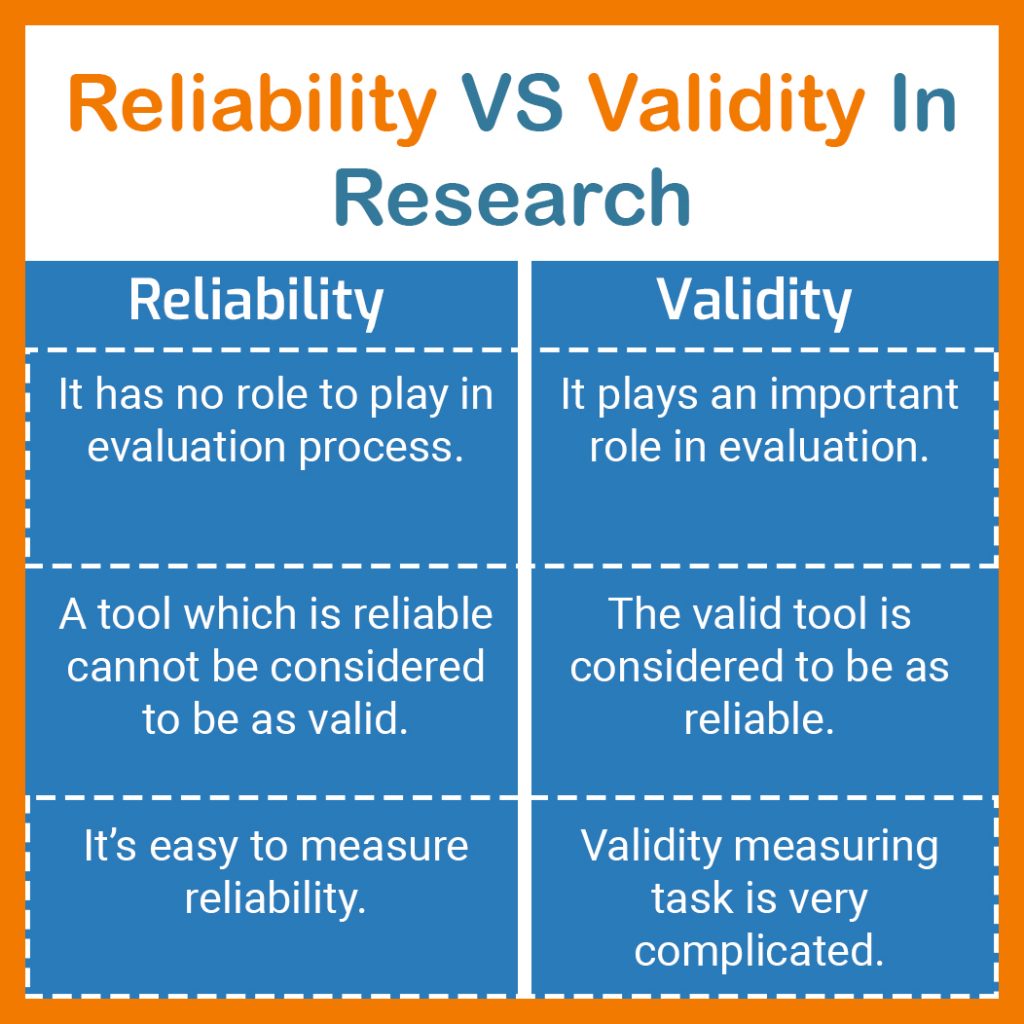

366) mentions the ‘absurdity of validity’ and argues that instead, he seeks:Ī quality that points more to identifying critical elements and wringing plausible interpretations from them. Indeed, not everyone agrees on the idea of validity for qualitative research.įor instance, Wolcott (1994, p. Is Validity Possible for Qualitative Research

is what we make it to be based upon shared visions and common understandings that are socially constructed’. 31), truth for interpretivists is a matter of coherence, a matter of internal relations within the research process, rather than correspondence with an external reality, which is difficult to verify outside of human subjectivity. Hence, I cannot adhere to the quantitative idea of truth. Validity and reliability for qualitative research are intended differently from the way they are intended in quantitative research, where ‘facts’ can be measured and researchers hold onto the idea of a truth beyond individual subjectivities.Īs mentioned at the beginning of this chapter (4.2), I adopted a relativist ontology, a constructionist epistemology, and an interpretivist paradigm.

if your research is valid, it means that you are observing, identifying or ‘measuring’ what you say you are. Reliability involves the accuracy of your research methods and techniques.


 0 kommentar(er)
0 kommentar(er)
